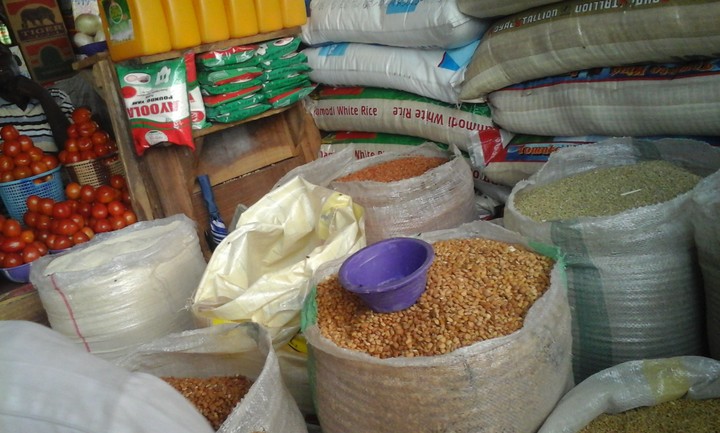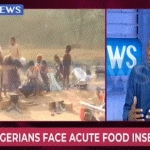 600 million cases of food borne diseases are recorded around the world annually, which means that almost 1 in 10 people fall ill, after eating
600 million cases of food borne diseases are recorded around the world annually, which means that almost 1 in 10 people fall ill, after eating
contaminated food.
The lack of proper food safety is an increasing threat to human health. This and much more is the concern of advocates at the commemoration of the first ever world food safety day.
Tvc news Kemi Balogun reports that Food safety is the absence of safe, acceptable levels of hazards in food that may harm the health of consumers.
Food-borne hazards can be microbiological, chemical or physical in nature and are often invisible to the plain eye: bacteria, viruses or pesticide
residues are some examples that can be found in unsafe foods.
The theme for this year’s inaugural world food safety day is Food safety, Everyone’s business
Unsafe food is a threat to human health and economies, affecting vulnerable and marginalized people, especially women and children.
Meat and vegetables and fruits are day to day foods eaten by almost everyone and as vital as they are, they can also be the highest carriers of
bacteria.
Anayo Nweke sells vegetables in this market; she tells us how the vegetables she buys are got and what people should do to make sure it’s
clean enough to eat.
From meat, vegetables, fruits and grains all foods have to be stored and kept properly, because everyone has a part to play in making sure food is
safe for human consumption from the farm to the dining table.
Food containing harmful bacteria, viruses, parasites or chemical substances cause diseases ranging from acute diarrhea to life- long conditions.
An estimated 3 million people around the world in developed and developing countries die every year from food and waterborne disease.
91 million people in Africa consume contaminated food that makes them ill out of which 137,000 people die on a yearly basis. Children under the age of 5 years of age carry 40% of the food borne disease burden with 125 000 deaths every year.
Access to sufficient amounts of safe and nutritious food is important in sustaining life and promoting good health. Food borne diseases impede socioeconomic development by straining health care systems and harming national economies, tourism and trade.
Food safety is key to achieving several United Nations Sustainable Development Goals and it is a shared responsibility between governments,
producers and consumers.














